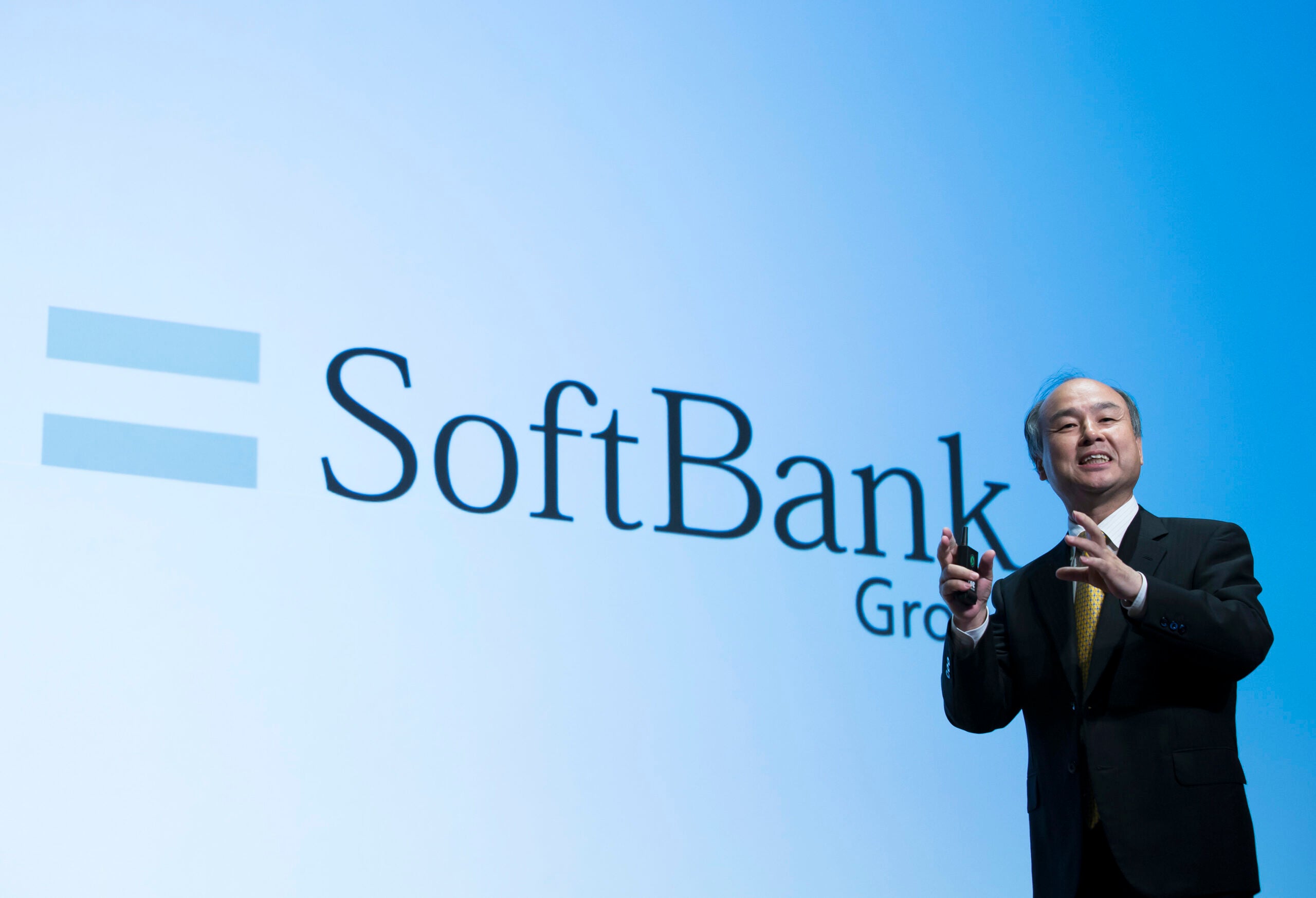
SoftBank, one of the world’s most prominent tech investors, has decided to cut ties with the tech industry in China – for now.
Masayoshi Son, the founder of the Japanese conglomerate, said that it would hold off investments in China until the extent of Beijing’s crackdown on tech becomes clear.
“Until the situation is clearer, we want to wait and see,” Son said at a news conference on Tuesday, according to a Reuters report. “In a year or two, I believe new rules will create a new situation.”
“I still have very high hopes for China,” he added, noting that SoftBank’s overall investment portfolio in the country was still generating a profit.
The Japanese giant’s $100bn Vision Fund is one of the world’s best-known funders of Chinese tech companies. However, in recent months, the value of many of those investments has taken a hit, following Beijing’s crackdown on some of SoftBank’s investees.
The conglomerate’s net profit fell to 761.5bn yen ($6.9bn), 40% lower than the year before. Its slump was mostly caused by smaller gains from the sales of its investment and lack of blockbuster initial public offerings (IPO), GlobalData’s analysis shows.
How well do you really know your competitors?
Access the most comprehensive Company Profiles on the market, powered by GlobalData. Save hours of research. Gain competitive edge.

Thank you!
Your download email will arrive shortly
Not ready to buy yet? Download a free sample
We are confident about the unique quality of our Company Profiles. However, we want you to make the most beneficial decision for your business, so we offer a free sample that you can download by submitting the below form
By GlobalDataSoftBank’s Vision Fund is an essential backer of many Chinese tech firms, some of which have taken a significant hit lately amid Beijing’s battle with the industry.
The recent listings of companies such as Didi Chuxing and Full Truck Alliance led to quarterly gains of $5.8bn. However, that victory was short-lived since much of those gains have been wiped out due to regulatory pressure.
Didi, China’s biggest ride-hailing app, saw its shares drop by a third since its debut on the New York Stock Exchange at the end of June. Full Truck Alliance, a ride-sharing platform for trucks, also saw their shares slump by 37% since its June IPO in the US.
Both companies were blocked from Chinese app stores citing illegal collection of users’ personal data and cybersecurity concerns.
SoftBank also has a stake in Chinese online education startup, Zuoyebang, which has been hit with tough restrictions, as Beijing is ramping up its pushback against the country’s edtech industry.
Last month, Chinese regulators introduced a new policy designed to ease the pressure on school children and to boost birth rates by reducing living costs for families in China’s major cities.
Following the news, Chinese stocks plunged in Asia as investors realised that Beijing’s crackdown showed no signs of stopping. The new rules effectively barred edtech firms from selling shares to the public, accepting foreign capital or even turning a profit.
However, amid this antitrust and data privacy clampdown, SoftBank still appears to be optimistic about the future. “Our investment thesis with respect to China remains unchanged,” said Navneet Govil, the chief financial officer of Vision Fund, in an interview with the Financial Times. “Ultimately, there is a lot of innovation to occur in China,” he added.
What does Beijing’s battle with tech mean for investors?
Beijing’s aggressive pushback against the country’s tech industry has spooked foreign investors.
It started with Ant Group’s spectacular fall from grace when regulators torpedoed the financial group’s $37bn dual listing in Shanghai and Hong Kong at the eleventh hour.
Since then, companies that once appeared too large to fail – including ride-hailing giant Didi Chuxing, China’s dominant food delivery app Meituan and ecommerce behemoth Alibaba – have all fallen victim to Beijing’s wrath.
Fears of a broader crackdown on the tech sector are now mounting among investors. Despite China’s lacklustre attempt to reassure rattled investors after the recent equities selloff, it shows no indication of backtracking on its crackdown.
As a result, investors have been advised to take additional precautions before investing in Chinese companies.
Last month, Morgan Stanley’s chief Asia and emerging market equity strategist Jonathan Garner told CNBC that “now what we are seeing, I think, is that the antitrust regulation is proving sort of much deeper and more long-lasting than we had thought.”
The investment bank urged investors to be cautious of Chinese stocks. In addition, it reiterated its call, initially made in January, to downgrade Chinese stocks under the MSCI China index to equal weight, which means they are expected to perform equal to other stocks in other emerging markets.







